European Federation of Journalists event in Belgrade
The three-day Assembly of the European Federation of Journalists (EFJ) began in Belgrade Wednesday.
Wednesday, 15.06.2011.
09:32

The three-day Assembly of the European Federation of Journalists (EFJ) began in Belgrade Wednesday. The main topics will be social dialogue between the journalists' unions and media companies, and freedom of the press, the organization announced. European Federation of Journalists event in Belgrade The assembly will be attended by about 80 representatives of EFJ, which gathers journalists' associations and unions from almost all European countries, and has over 260,000 members. Serbian President Boris Tadic addressed the participants at the start of the gathering. The event is hosted by the Independent Association of Journalists of Serbia (NUNS), Association of Journalists of Serbia (UNS) and Journalists' Union of Serbia. The assembly in Belgrade on Wednesday (Beta) Support for Serbian journalists President of the European Journalism Federation (EFJ) Arne Konig pointed out Tuesday that it is necessary to resolve numerous problems of European journalists, who are faced with economic crisis and pressures. Politicians and state leadership must send signals and secure funds so that journalism would survive. Because if it is does not, neither will democracy, that is perfectly clear, Konig said prior to EJF Annual Meeting, to be held in Belgrade. Recalling that EFJ is present in about 30 European countries, that it has 260,000 members and that is largely operates as a lobbying organization in Brussels, Konig said that EFJ provides assistance to all organizations that wish to cooperate with the media companies in other countries, and provide help regarding the establishment in Brussels. "I believe that now, since you are in the EU integration phase, you will need to hear about the experience of other countries, and I believe that EFJ will be able to help you in that respect," Konig told Tanjug. Konig said that the biggest challenges are the media crisis, that is the drop in profit, as well as the drop in the quality of journalism caused by various pressures. He assessed the situation in the Serbian journalism is very similar to the one in the rest of Europe. "However, I believe that privatization had negatively affected the situation in Serbia, and that many local and regional media were lost," he underscored. When asked about why EFJ chose Belgrade to be this year's host, Konig said that this is an expression of support to the colleagues in Serbia.
European Federation of Journalists event in Belgrade
The assembly will be attended by about 80 representatives of EFJ, which gathers journalists' associations and unions from almost all European countries, and has over 260,000 members.Serbian President Boris Tadić addressed the participants at the start of the gathering.
The event is hosted by the Independent Association of Journalists of Serbia (NUNS), Association of Journalists of Serbia (UNS) and Journalists' Union of Serbia.
Support for Serbian journalists
President of the European Journalism Federation (EFJ) Arne Konig pointed out Tuesday that it is necessary to resolve numerous problems of European journalists, who are faced with economic crisis and pressures.Politicians and state leadership must send signals and secure funds so that journalism would survive. Because if it is does not, neither will democracy, that is perfectly clear, Konig said prior to EJF Annual Meeting, to be held in Belgrade.
Recalling that EFJ is present in about 30 European countries, that it has 260,000 members and that is largely operates as a lobbying organization in Brussels, Konig said that EFJ provides assistance to all organizations that wish to cooperate with the media companies in other countries, and provide help regarding the establishment in Brussels.
"I believe that now, since you are in the EU integration phase, you will need to hear about the experience of other countries, and I believe that EFJ will be able to help you in that respect," Konig told Tanjug.
Konig said that the biggest challenges are the media crisis, that is the drop in profit, as well as the drop in the quality of journalism caused by various pressures.
He assessed the situation in the Serbian journalism is very similar to the one in the rest of Europe.
"However, I believe that privatization had negatively affected the situation in Serbia, and that many local and regional media were lost," he underscored.
When asked about why EFJ chose Belgrade to be this year's host, Konig said that this is an expression of support to the colleagues in Serbia.






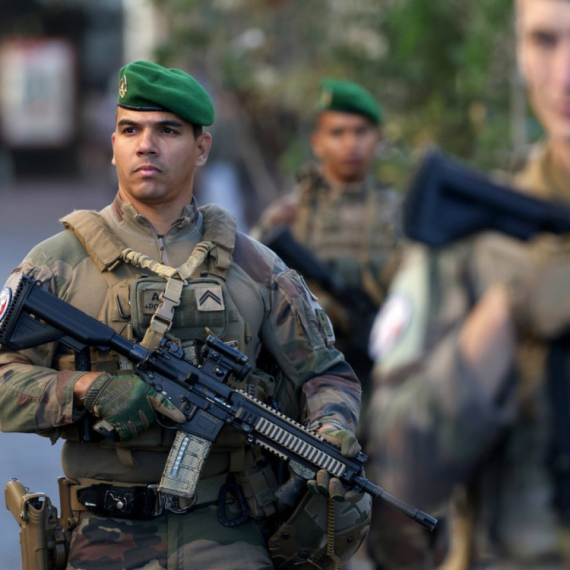





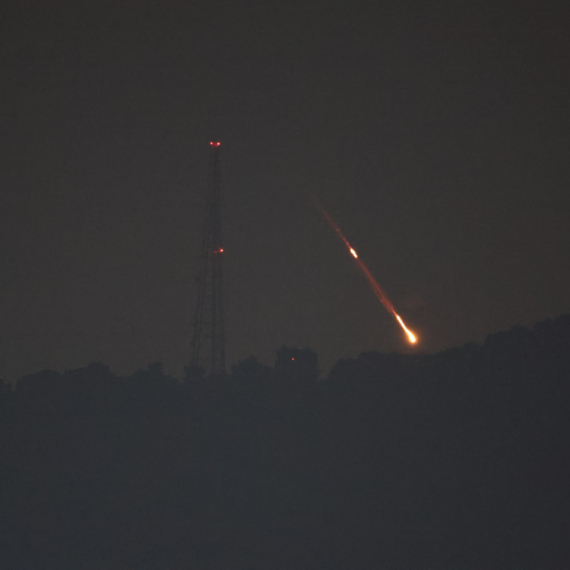
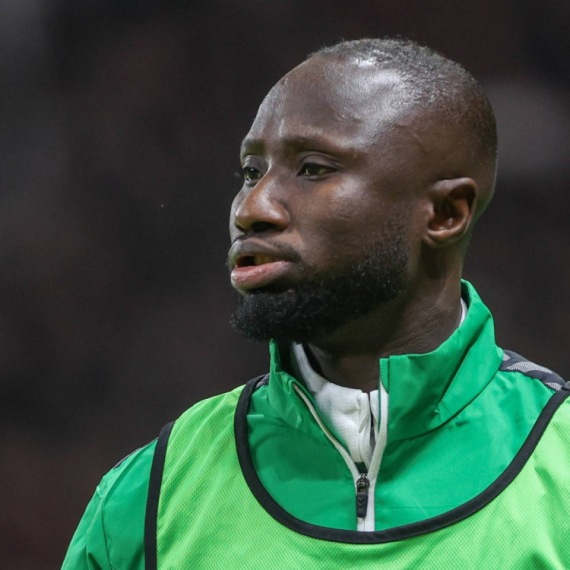





















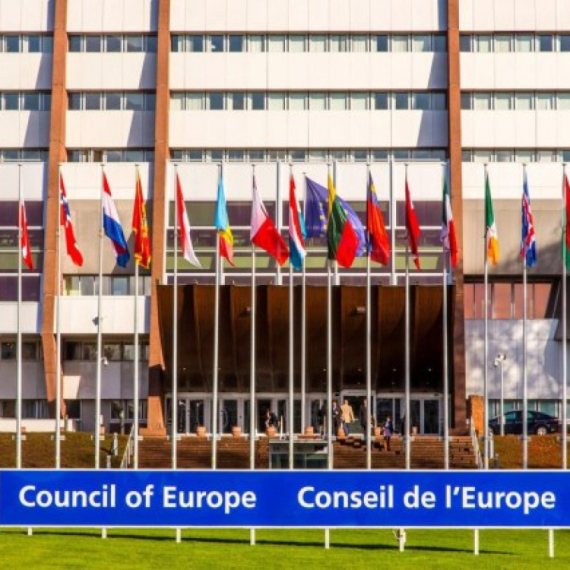














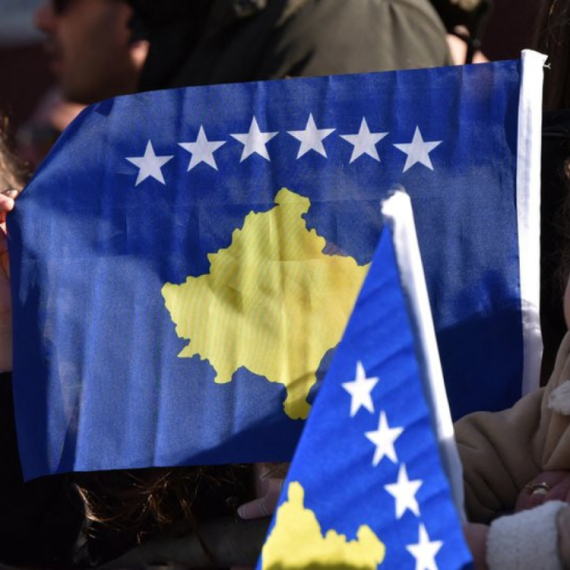





Komentari 0